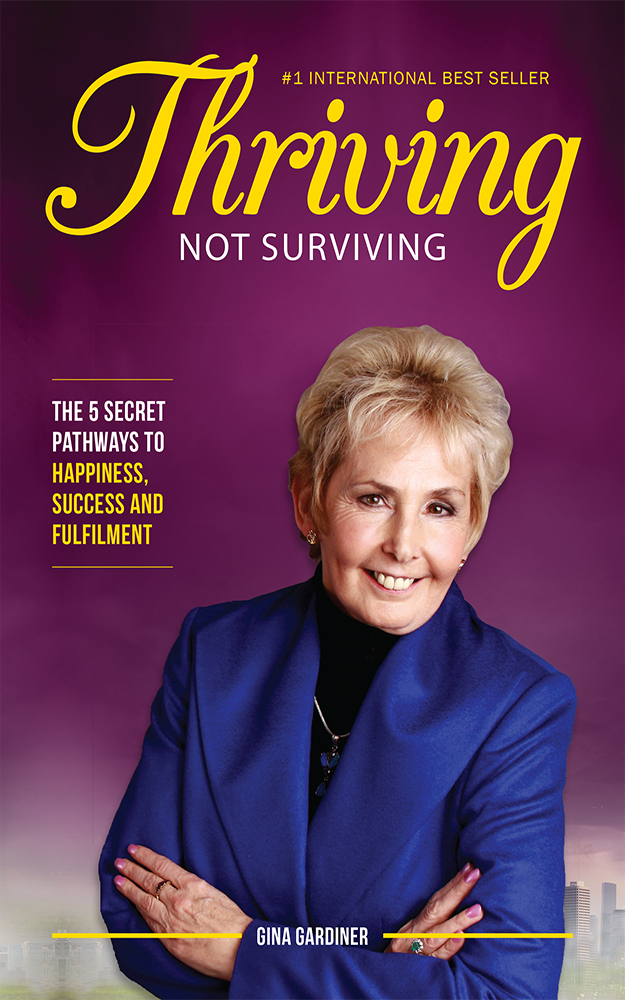What Will Your Last Words To Your Loved Ones Be?
Bereavement is never easy, but the way we live our day-to-day life can have a big impact on the grief we feel when the day comes.
I share some simple steps, based on my own experiences after a family bereavement that could help you have the right conversation with your loved ones.
My Loss, My Lesson
The loss of my brother David made me think about many things at a personal level and also it gave me the opportunity to think about how a sudden bereavement impacts on others. As I thought about it there were a number of lessons that stood out. I started to think about the many clients I work with and how the lessons created through David’s death might be of value to others.
As is with life, the lessons on loss came to me from various sources – notably a documentary about the people affected by the lives lost in the Twin Towers disaster.
In the last few moments, the people who made contact with their loved ones, who knew they were about to die, did something that confirmed my thoughts about love, loss and grief. I was forcibly struck by how powerful the impact of the last words shared between loved ones was on the people left behind. These last words remain forever with the person left behind.
The people receiving phone and text messages from their loved ones in the Twin Towers heard words they will treasure for the rest of their lives. It didn’t take away the agony of loosing their loved one, but without exception the surviving partner, parent, child or friend gained enormous comfort in the days after their loss from those few loving words.
My Story
One aspect that made coping with grief easier for my brother’s family is the thought that they had shared a wonderful holiday immediately prior to David’s death. They had in fact returned the night before. They have great memories of quality time together, lots of laughter and loving words to draw upon.
How different would it be if the last words shared had been argumentative or negative?
Dave was great at keeping in touch with friends and family. This has helped enormously. He was really good at telling people he cared about them. He often sent me a quick text saying “Luv Ya” or “Thinking about you” and it always brought a smile to my face and a warm glow to my heart. I know from talking to others that they share similar feelings.
Your Story?
Time spent with loved ones can easily be coloured by sadness, anger, irritation or loss. This short time spent together is also often quite pressured, and negative words are exchanged or resentments are often shared without any words being spoken.
Think about the past week…
What were the last words you said to your partner?
What proportion of your conversation was dealing with day to day living?
How much was spent nagging or complaining?
How much was spent saying something that will have a positive impact on the relationship? When was the last time you told them you loved them and there were no strings attached?
The good news is some simple principles can make a huge difference.
Try these:
- Make sure that no one ever goes to bed or leaves the house on an argument.
- Tell your partner that you love them – unconditionally
- Send an appreciative text
- Leave a note in your loved ones bag, pocket or lunch
- Make sure your communication is light, undemanding and full of unconditional love - expect nothing in return
Be sure that what ever happens the words you offer give you no cause for regret
If your anxiety or frustration lead to harsh words, negative body language, if you feel unhappy or dissatisfied with life then it is time to take control of your own life and to do something differently, get some help.
Make every day count and live it fully. Treasure the people you care about and tell them often that you value them just for being them.



